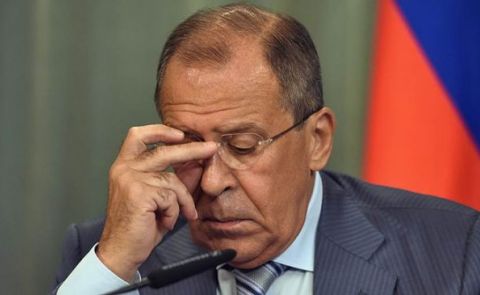
A new reality in South Caucasus relations: Secretary of Armenia's Security Council statement and Armenia’s new foreign policy goals
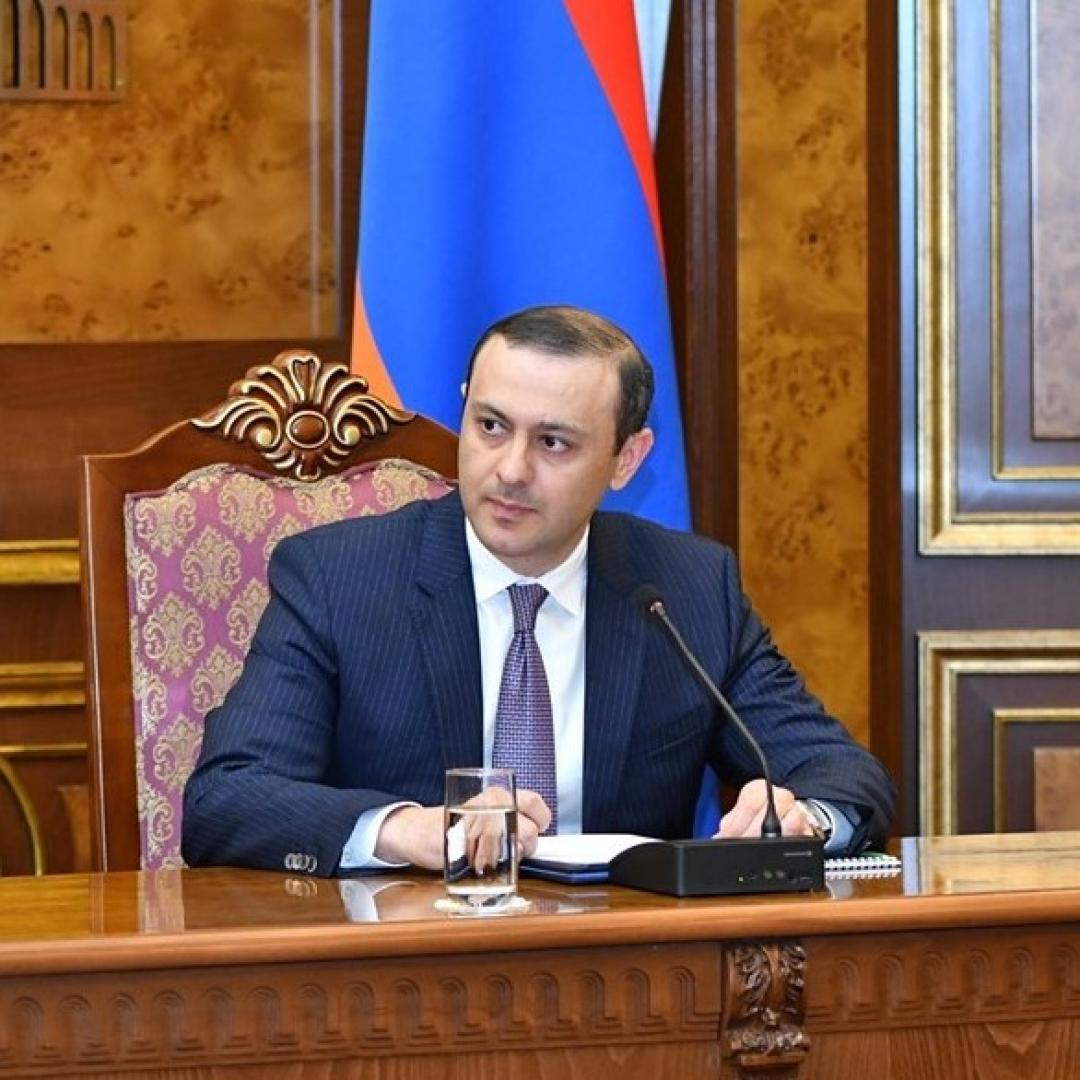
On 28 March, the Secretary of Armenia's Security Council Armen Grigoryan said in an interview with public television that not only Armenia and Azerbaijan should unblock their rail and overland roads for one another, but also Armenia and Turkey.
Asked about official Yerevan's vision of its future relations with Turkey, Grigoryan noted that after the last autumn war in the Nagorno-Karabakh conflict zone, great changes took place in the region. “We consider that unblocking should be not only with Azerbaijan, but have a broader regional approach,” he said. Recalling that there is no direct dialogue between Armenia and Turkey, Grigoryan said statements about possible improvement of relations were made on both sides.
When asked whether Armenia considers Turkey a hostile state in the light of its support to Azerbaijan during the war, Grigoryan said: "If we are going to unblock the region, then there should be certain clarifications in our approaches, and we are working in this direction.” According to Grigoryan, it would be wrong to state unequivocally that no threat emanates from Turkey, but the processes going on in the region "provide other opportunities as well." Grigoryan was also asked to comment on the statements by Azerbaijani President Ilham Aliyev after the war, saying that “rhetoric is one thing, negotiation processes are another thing” and that the negotiations continue in the spirit of the agreements of 9 November 2020 and 11 January 2021.
In this context, Armenia’s Foreign Minister Ara Ayvazyan also spoke on the Armenian-Turkish relations, saying that the country expects Turkey to revise its anti-Armenian policy for the sake of peace across the region. According to him, from the first day of gaining independence and up to now, Armenia has come up with various initiatives to normalise relations with Turkey, the last of which was the Zurich process, rejected by Ankara. “Both in international and interstate relations, the most important thing is the principle of reciprocity. And our truly honest, without preconditions, initiative to regulate relations were not reciprocated by the official Ankara,” he said. Ayvazyan said there have been many cases in history when countries with a tragic past eventually found the political will and understood the need to form normal relations. “I hope that sooner or later Turkey will also realise it. So, I do not think that Turkey will never change its Armenian-phobic behaviour," he added.
Ayvazyan also commented on the relations between Russia and Turkey. “We closely follow the relationship of our strategic partner with Turkey. And we are convinced that the strategic partner, as a guarantor of Armenia's security, will fulfil its obligations if necessary," he said. The Armenian Foreign Minister also said that the results of the 2020 Nagorno-Karabakh war forced them to approach Armenia’s foreign policy agenda extremely pragmatically. “And our priority, especially now, should be the security agenda of Armenia and the development of a favourable environment around Armenia,” he said. “And when acquiring allies, we must first of all have a common understanding of the challenges and possibilities which the situation is dictating. We have very active substantive involvement with various partners. We seemingly have a common understanding that the current challenges make our aspiration for developing more substantial partnership an imperative more than ever,” Ayvazyan emphasised.
Ayvazyan said that after the war the Ministry of Foreign Affairs has started developing Armenia’s approaches in this new situation which were presented for the first time during the session of the OSCE Ministerial Council in early December 2020. “Currently, our region is in a period of new challenges which makes it imperative to further strengthen the cooperation with the partners who are interested in regional stability, security and peace. At the same time, all those developments have shown that we need a strong chairmanship of the OSCE Minsk Group which will be able to lead the peace process based on the principles and elements developed within those years,” he said. “These approaches suppose determining the status of Karabakh based on the exercise of the right to self-determination, ensuring the comprehensive security of the people of Karabakh, de-occupying the territories of Karabakh by Azerbaijan, safe return of the recently displaced population to their settlements, preservation of the Armenian cultural and religious heritage in the territories which have come under the control of Azerbaijan,” he stated.
See Also

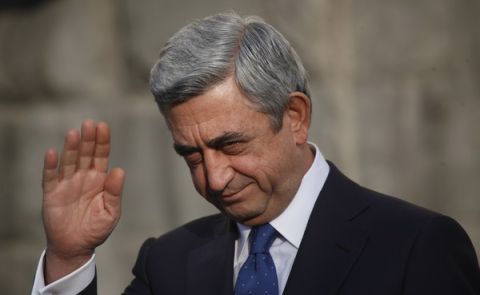
Serzh Sargsyan Rejects Charges, Backs Impeachment, and Warns of Secret Deals
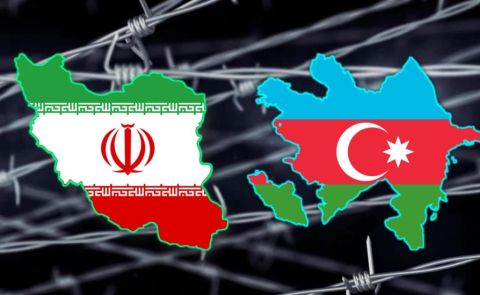
Azerbaijan Confirms Execution of Terrorist Behind Embassy Attack in Iran
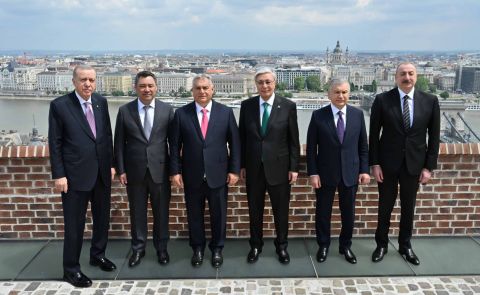
Turkic Leaders Adopt Budapest Declaration, Emphasizing Peace, Trade, and Digital Connectivity
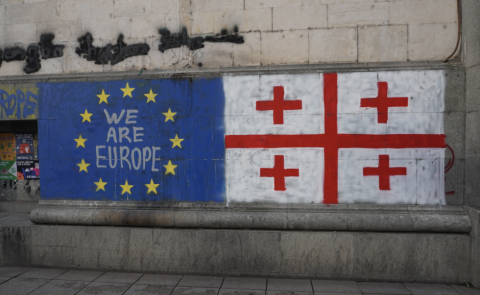
International Officials Criticize Georgian Dream Amid Democratic Concerns

